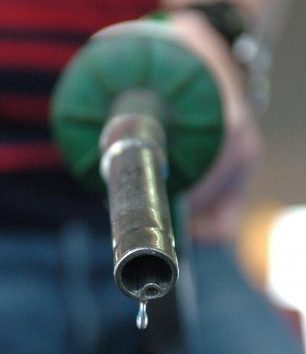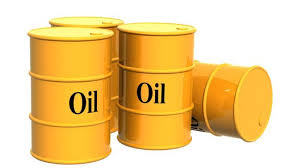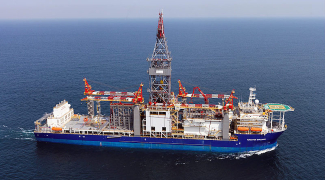
OpeOluwani Akintayo
Lagos — The oil marketers under the umbrella of Major Marketers Association of Nigeria, MOMAN has called for full “price liberalization” rather than “price modulation” with respect to Premium Motor Spirit, PMS commonly known as petrol.
Its Chairman, Mr Tunji Oyebanji made the disclosure in a statement issued on Thursday and made available to newsmen in Lagos, declaring that full price deregulation will bring about long term stability in the downstream sector.
Oyebanji said that it had become necessary for the Association to state its position, adding that recently, the Honourable Minister of State for Petroleum Resources, Chief Timipre Sylva announced in a statement that the government would implement a policy of “price modulation” which means it will give effect to existing legislation enabling it to set prices in line with market realities through the Petroleum Products Pricing Regulatory Agency, PPPRA as provided in its Act.
The clear and obvious risk is that the country has never been able to increase pump prices under this law, leading to high and unsustainable subsidies and depriving other key sectors of the economy of necessary funds.
“Our current situation, laid bare by the challenges of Coronavirus to the health of our citizens in particular and and economy of our country in general, demands that we are honest with ourselves at this time. A fundamental and radical change in legislation is necessary.
“When crude oil prices go up, government has always been unable to increase pump prices for socio-political reasons leading to these high subsidies and we believe the only solution is to remove the power of the government to determine fuel pump prices altogether by law.”
Oyebanji said: “Purchase costs and open market sales prices should not be fixed but monitored against anticompetitive and antitrust abuses by the already established competition commission and subject to its clearly stated rules and regulations.”
“There is no country or economy where governments do not have the power to influence prices. Nigeria is no different with respect to any other commodity or product. Governments use economic tools such as taxes or interventions on the demand side or the supply side of the market and other administrative interventions to influence prices where it needs to.
MOMAN calls for full price liberalisation of PMS
“The problem here is that government has retained for itself by law the power and the responsibility to fix pump prices of PMS which is what puts it under so much pressure and costs the country so much in terms of under-recoveries or subsidies when it cannot increase prices when necessary to do so. It makes sense to relieve itself of this obligation now when crude prices are low and resort to influencing prices using the same tools it does for any other commodity or item on the market.
According to MOMAN Chairman, “We want the market to determine the price. There should be a level playing field. Everybody should have access to foreign exchange to be able to import and sell petrol at a pump price taking its landing and distribution costs into consideration.”
“Government should no longer fix petroleum prices. Health and educational sector should be given a higher priority than paying for subsidy on petroleum. We support the pronouncement of the NNPC GMD, Mallam Mele Kyari which said subsidy or under recovery must be things of the past,” he said.
“Downstream sector operators advocate for a market-based philosophy based on sustainability of the petroleum industry which encompasses free market competition where equal access to foreign exchange at competitive rates to all market players must be guaranteed.
“This would mean the discontinuation of the Direct sales and Direct Purchase (DSDP) program and all foreign exchange proceeds from all sales of crude be paid into the same pool from which all importers can access foreign exchange at the same rate.”
“Fuel import will however enjoy priority access in allocation of foreign exchange, again through a transparent auditable and audited process of open bidding. Conditions for accessing foreign exchange should be streamlined and specific delays before access imposed unilaterally on the downstream oil industry should be discontinued as being inequitable.”
He said that MOMAN recommends a legal and operational framework comprising of a downstream Industry operations regulator, the Federal Competition and Consumer Protection Commission, FCCPC or Competition Commission (for pricing issues) and the interplay between demand and supply which will ensure a level playing field, protect the Nigerian Consumer and curb any market abuse or attempts to deliberately cause inequities in the system by any stakeholder.
He said the pricing system should allow internal equalisation by marketers which would be both competitive and equitable.
“MOMAN recommends that the Price Equalization Fund mechanism should be discontinued and its law repealed as the cost of administration of equalization has become too high and the unequal application of payments by marketers distorts the market and creates market inequities and unfair competition. Internal equalization has been the practice with diesel distribution and sales since 2010 when diesel was fully deregulated.
“In line with change management principles, consultation and engagement with market players should clearly spell out the path and final destination which is full price deregulation.



